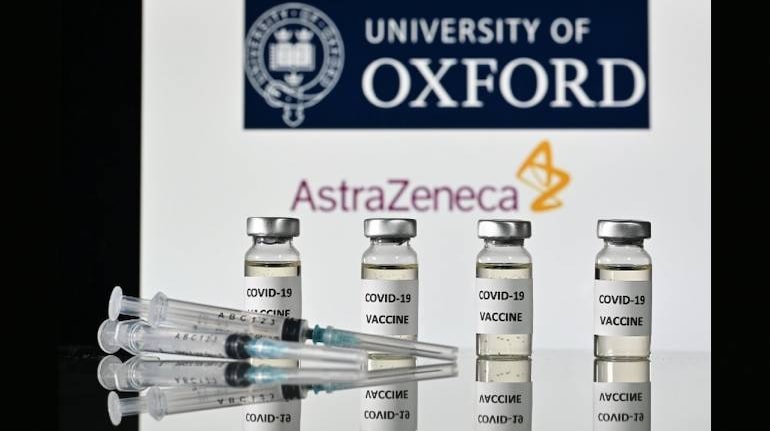



India is likely to approve Oxford-AstraZeneca COVID-19 vaccine on December 30 hours after the UK approved the coronavirus jab. "India approval of Oxford vaccine is expected today in all likelihood," a highly-placed source at Central Drugs Standard Control Organisation (CDSCO) told News18.
The Subject Expert Committee (SEC) of Drugs Controller General of India (DCGI) is scheduled to meet on December 30 to consider the Serum Institute of India's application for emergency use approval of its COVID-19 vaccine.
The CDSCO had first reviewed three EUA applications on December 9 and sought more information from all vaccine makers, including Serum Institute of India (SII), which is making the AstraZeneca shots.
Read: UK approves Oxford-AstraZeneca COVID-19 vaccine, rollout to begin next week
Reacting to UK approval, the Serum Institute of India (SII) also said that it is hoping for the emergency use approval of the COVID-19 vaccine 'Covishield' by the end of this month or January in India.
Cyrus Poonawalla, the chairman of Poonawalla Group that includes Serum Institute of India, said, "SII is expecting regulatory approval in India in the next few days."
Read: Expect India to approve Oxford-AstraZeneca vaccine in next few days, says SII's Cyrus Poonawalla
The government was yet to place a purchase order for the Covishield vaccine, Poonawalla said. "SII is ready to distribute the vaccine once the approval comes in. India will come first, then other countries," he added.
Britain on December 30 became the first nation to approve the Oxford University-AstraZeneca COVID-19 vaccine. The United Kingdom government said that it has accepted a recommendation from the Medicines and Healthcare products Regulatory Agency (MHRA) "to authorise Oxford University/AstraZeneca's COVID-19 vaccine for use". The rollout is expected to begin as early as next week.
Track this LIVE Blog for all the latest updates on coronavirus pandemic
The oxford vaccine is expected to be relied on in many countries because of its low cost, availability and ease of use. It can be kept in refrigerators rather than the ultra-cold storage other vaccines require.
The SII has already stockpiled more than 50 million doses of the AstraZeneca shot and plans to make a total of 400 million doses by July.
Click here for Moneycontrol's full coverage of the COVID-19 outbreak
Discover the latest Business News, Sensex, and Nifty updates. Obtain Personal Finance insights, tax queries, and expert opinions on Moneycontrol or download the Moneycontrol App to stay updated!
Find the best of Al News in one place, specially curated for you every weekend.
Stay on top of the latest tech trends and biggest startup news.